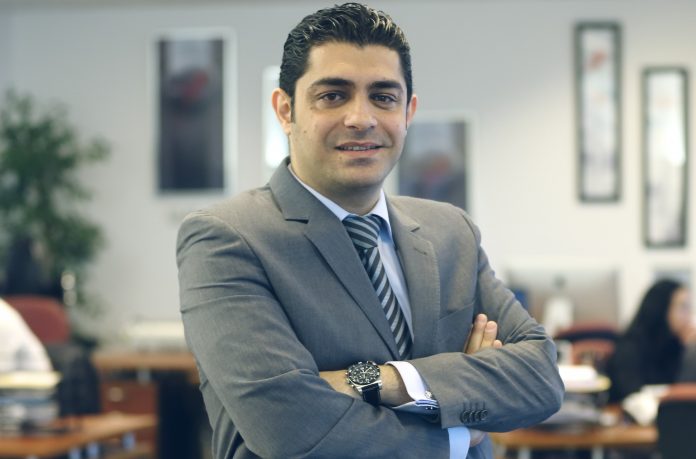Ever since the industrialisation of agriculture in the early 20th century, mechanised technology such as tractors and combine harvesters have helped humans to massively increase productivity, efficiency and profitability in farming.
However, as global population growth approaches 80 million people a year, the demands placed on the earth’s natural resources to feed it grow ever more burdensome. Soil degradation, deforestation and loss of biodiversity are all serious threats to humanity’s ability to sustain itself in the long term. In today’s heavily globalised world, any major disruption to international food supply chains has the potential to cause famine, mass migration and even armed conflict.
Thankfully, the incredible progress being made in fields such as ITC, AI, automation and genetics are increasingly being applied to agricultural technology, or ‘agritech’, to address these concerns.
Agritech these days doesn’t just mean agricultural machinery like combine harvesters. Today it can refer to a range of products and services, from heavy machinery or GMO crops to sophisticated technologies such as AI-controlled hydroponic irrigation and UV lighting systems for vertical farming. It could include soil management systems, satellite-guided weather forecasts, or even agricultural drones used to monitor crop yields and improve farm efficiency.
Driven by investment from both the private and public sectors, breakthroughs are being made every day by both established firms and innovative start-ups which offer significant opportunities for investors. Specialised financial products such as Swissquote’s Food & Water Certificate enable its clients to invest in a diverse portfolio of agritech players to support and benefit from the latest developments in this vital industry. With stakes in a portfolio of international companies that are key in food production and development, it has achieved a growth rate of 37% since its inception in 2018 by focusing on sustainable growth through long term investments with low risk.
The huge disruptions to supply chains caused by the COVID-19 pandemic have only accelerated the digitisation of agriculture’s traditional tools. With the prices of agricultural commodities soaring, we can expect an increase in domestic policies to support agricultural efficiency and attract investors.
Many of the latest technologies are not only designed to improve efficiency, but also to offset shortages of manpower due border closures and disruptions to international travel. There is a strong incentive for investments in agritech such as automated irrigation, driverless tractors and drones. Even after the pandemic, this trend is likely to continue due to higher cost-efficiencies, better productivity, and higher profitability resulting from these technologies.
Countries such as the UAE are increasingly investing in advanced agritech to reduce their reliance on global supply chains and improve their own food security. The UAE has established the Ministry of Food and Water Security to focus on food supply and encourage technology-based production of agriculture.
According to the Ministry of Climate Change’s 2019 figures, the UAE has more than 177 advanced farms that use modern agricultural technology, and over 100 entities that implement organic farming techniques across the UAE. Abu Dhabi Investment Office (ADIO) is investing no less than $100 million in agritech companies in their strategy for food security.
This month (May 2021), Sheikh Mohammed bin Rashid Al Maktoum launched the Food Tech Valley project in Dubai, a partnership between the Ministry of Food and Water Security and Wasl Properties to explore urban planning of future smart and food-independent cities. It will centre around four main clusters, based on agricultural technology and engineering, a food innovation centre, R&D facilities, and an advanced smart food logistics hub.
The agricultural technology and engineering cluster will include a vertical farm that employs the latest food technologies to grow year-round vital crops and will also focus on developing innovative projects in bioengineering, automation, robotics, and artificial intelligence. One business in the UAE has already begun to apply high-tech vertical farming techniques to produce up to 8000 kg of produce per cycle, with more start-ups set to follow suit in the near future, supported by strong government investment.
Through initiatives like these, the UAE aims to rank among the top ten countries in the world for food security in the near future, compared to ranking around 21st globally today. These initiatives offer considerable opportunities for commodities investors betting on current consumer habits, with a strong potential for impressive returns.











